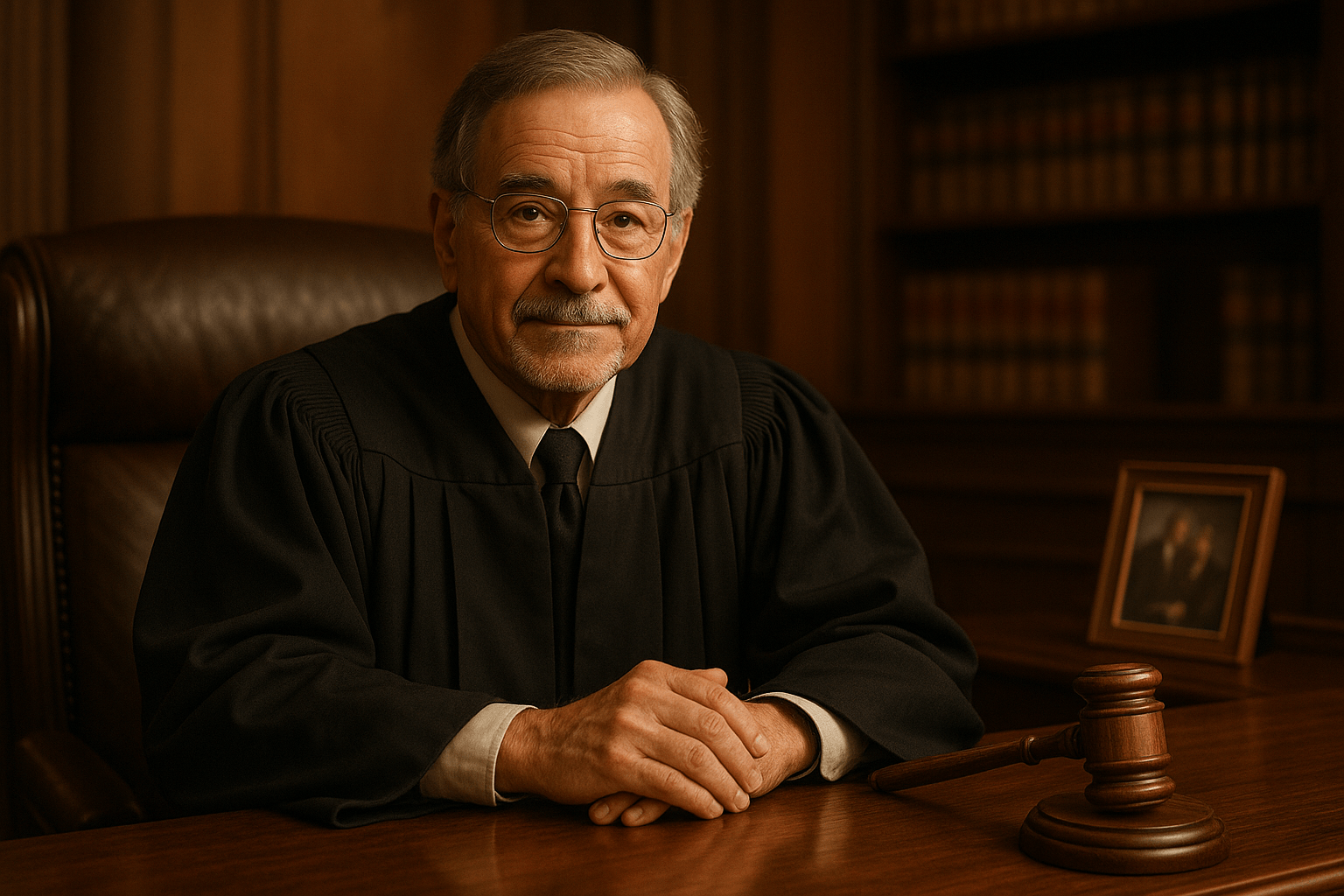When Speaking Out on Racism Costs You Your Platform: The Albie Amankona Incident
By The Clear Explainer Team
British media has recently been rocked by a revealing incident involving Albie Amankona, a political commentator who bravely spoke out on racism—only to find himself swiftly dropped from his presenting role on GB News. The occurrence has led many to question the actual commitment of certain media outlets to the principles of free speech, especially when those principles are inconvenient.
Who is Albie Amankona?
Albie Amankona is a respected commentator, known for his thoughtful insights on UK politics and society. He has appeared across various media platforms, contributing to discussions on everything from economic policy to cultural identity. His role as a host and panelist on GB News positioned him as a relatable voice for issues that affect Britain’s diverse communities.
The Promise of “Free Speech”
GB News has marketed itself as a champion of free speech in Britain—a space where opinions not often highlighted on mainstream channels could be discussed openly. This branding has helped them amass an audience hungry for alternative viewpoints and genuine debate.
But how real is this commitment when those opinions challenge the status quo?
What Happened: Calling Out Racism
Albie Amankona recently used his platform to candidly discuss racism in the UK—addressing not only personal experiences but also the persistent, systemic issues many still face. According to Amankona, there’s a “culture of silence” around racism in certain circles, and confronting it is essential to progress.
However, not long after raising his voice on the issue, Amankona was dropped as a presenter. The precise details of any behind-the-scenes discussions remain private, but what is public is the speed and sharpness with which his tenure ended.
Why Was This So Controversial?
Talking openly about racism is still seen as controversial in many UK media settings, especially in outlets covering stories from a right-leaning perspective. Reports indicate that Amankona’s stance did not sit comfortably with station executives, and the response highlights a troubling trend: when “free speech” advocates actually face controversial topics, their response can be selective.
Double Standards: Free Speech for Some But Not Others?
The incident exposes a painful double standard. While GB News and similar networks often criticize other broadcasters for “censorship” or “cancel culture,” the swift action taken against Amankona for discussing racism raises important questions:
- Is free speech only protected when it aligns with certain political beliefs?
- What are the boundaries of “acceptable” discourse, and who gets to decide?
This is not just a concern for the media, but for all of us who value open debate and the honest airing of difficult truths. When figures like Amankona are silenced for simply pointing out uncomfortable realities, society risks self-censorship and the quiet reinforcement of existing inequalities.
Reactions: Public and Industry Response
The dismissal has prompted vocal responses from British viewers, journalists, and campaign groups. Many agree with the opinion voiced in The Guardian: removing a presenter for calling out racism sends an ominous message about the limits of “permissible speech.”
The Good Law Project, which campaigns against injustice and promotes proper application of the law, has drawn attention to this case as an example of how British media sometimes fails its own stated values. Numerous journalists and advocates have echoed the sentiment, urging media employers to reflect on their actual commitment to diversity and open discussion.
Why This Matters: The Bigger Picture
Albie Amankona’s departure is not just about one presenter or one network. It’s a microcosm of a much wider challenge: how can we ensure that public conversations about race are both honest and safe for those who speak?
Protecting free speech means protecting those who bring hard truths to the table—especially when those truths make us uncomfortable. Suppressing critical voices—whether through silence or dismissal—serves only to maintain the status quo and discourage reform.
Where Do We Go From Here?
If British media is to serve all its viewers, a sincere commitment to diversity, inclusion, and open dialogue is essential. This means not just inviting a range of voices but also protecting them when the conversation gets tough.
For readers who want to explore the issue further, consider:
- The Runnymede Trust — Providing research and policy insights on race equality in the UK.
- Freedom of Speech in the United Kingdom (Wikipedia) — An overview of rights, limits, and landmark legal cases.
Final Thoughts
Albie Amankona took a stand for justice; the reaction he received speaks loudly about which “free speech” some media outlets are ready to defend. If we are serious about building a better and fairer society, it’s essential to stand by those who call out prejudice, and to make room for difficult but necessary conversations.
Let’s not allow convenience to dictate the boundaries of debate—especially when it comes to fighting racism.



